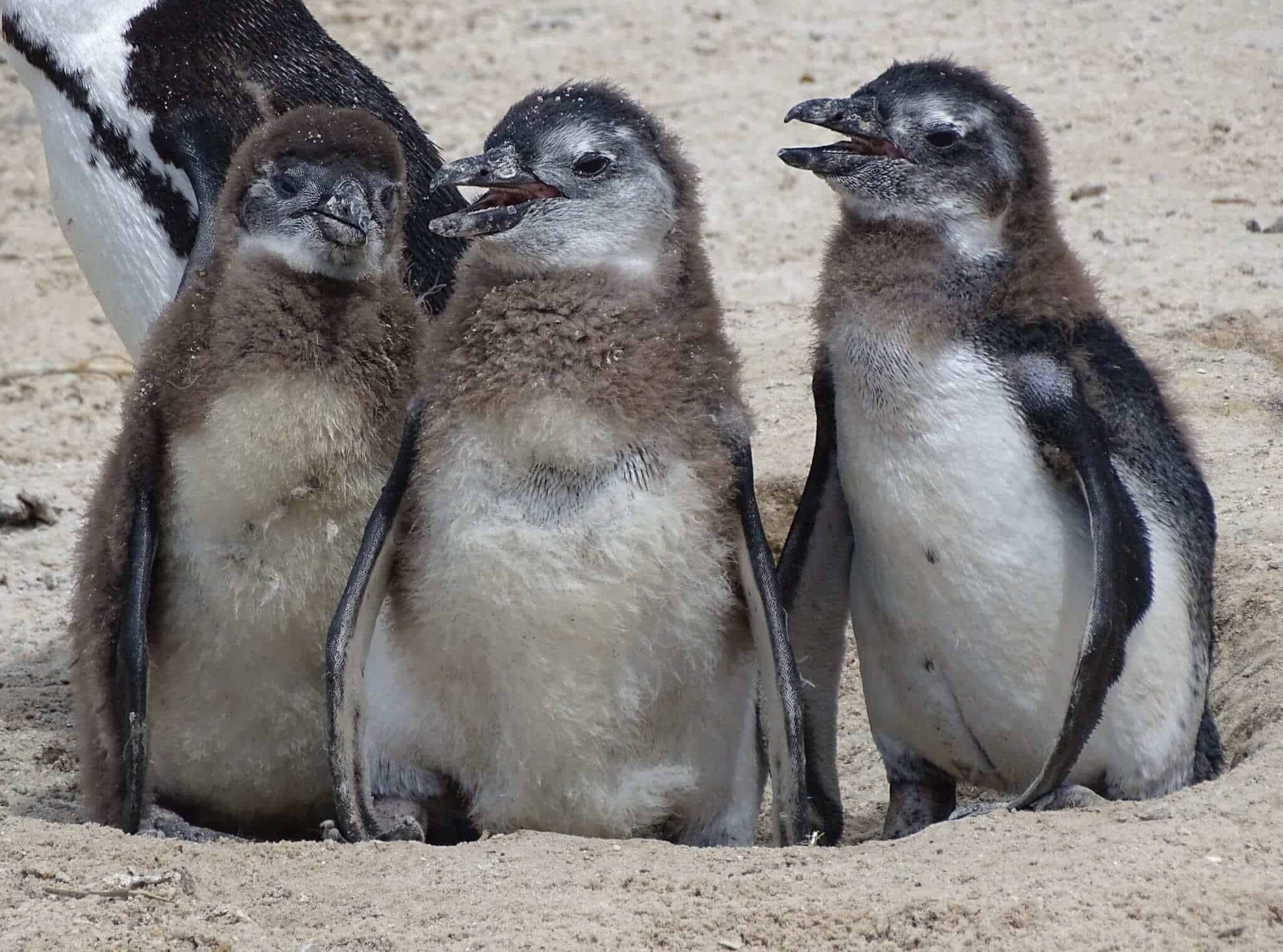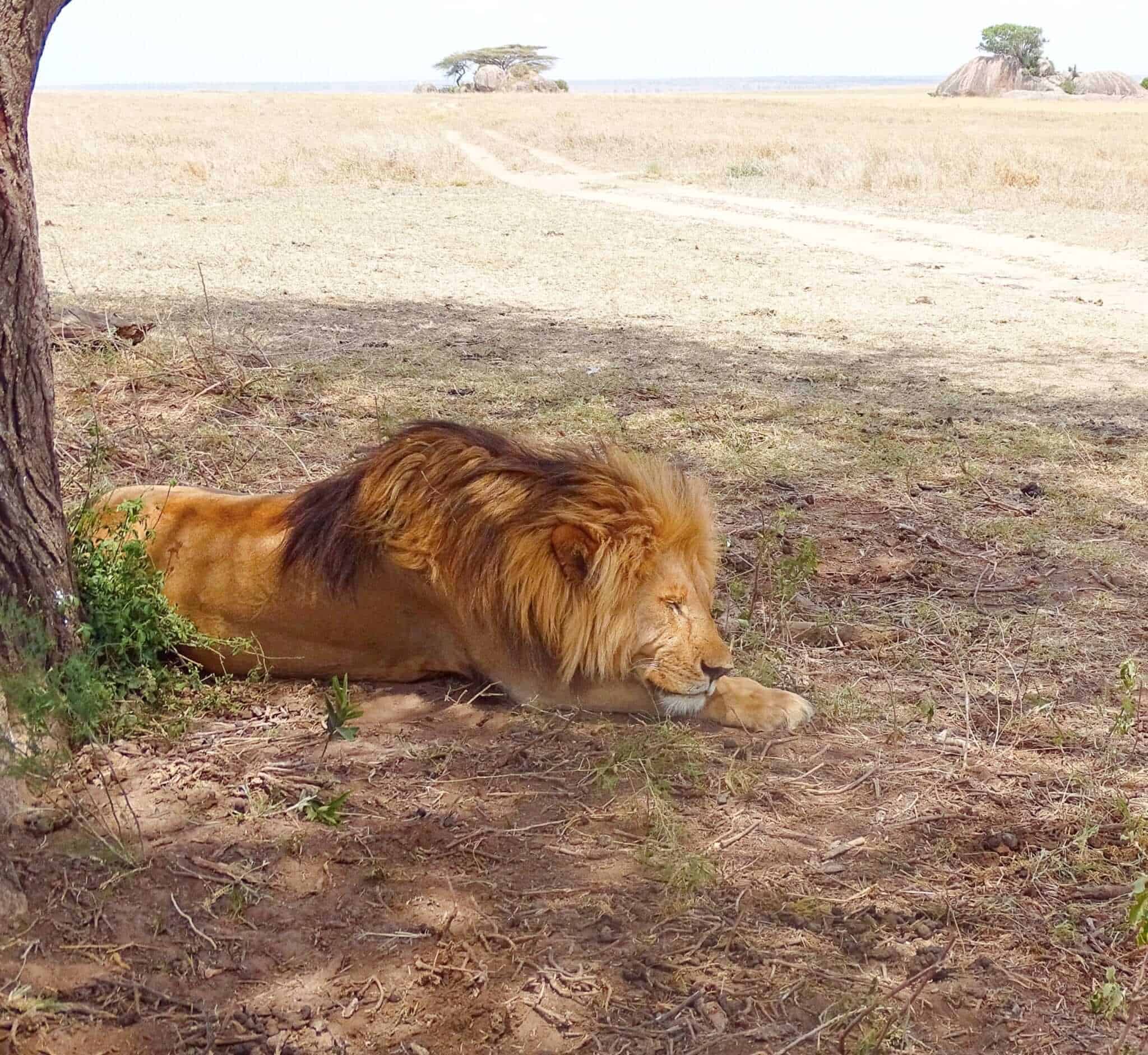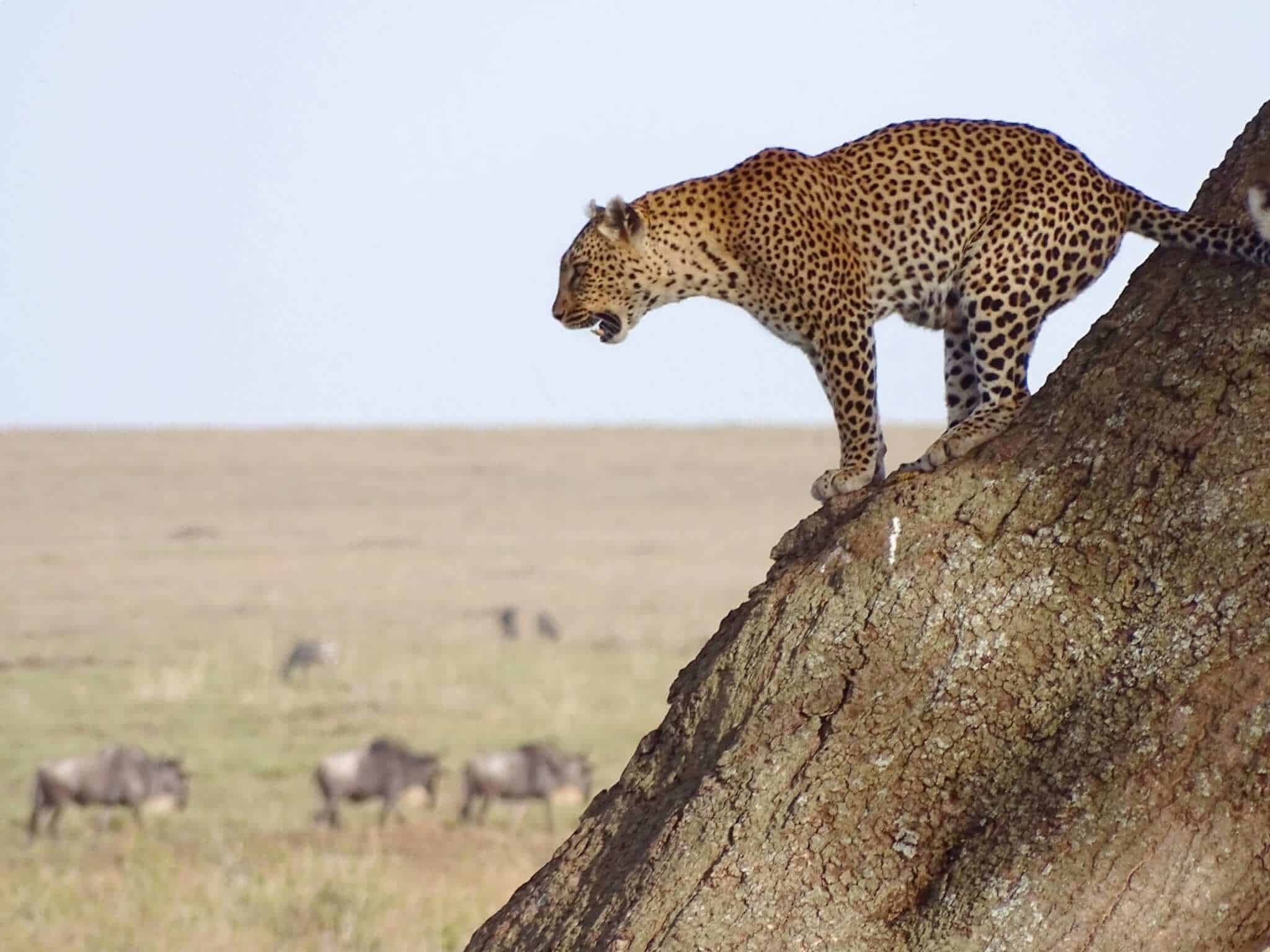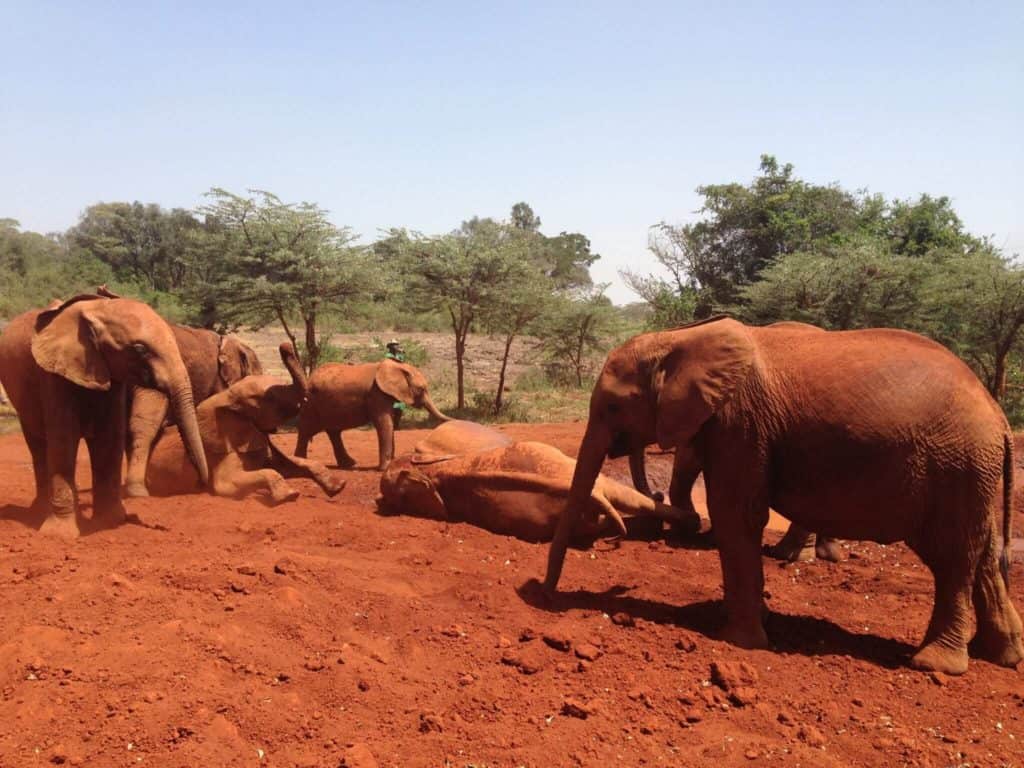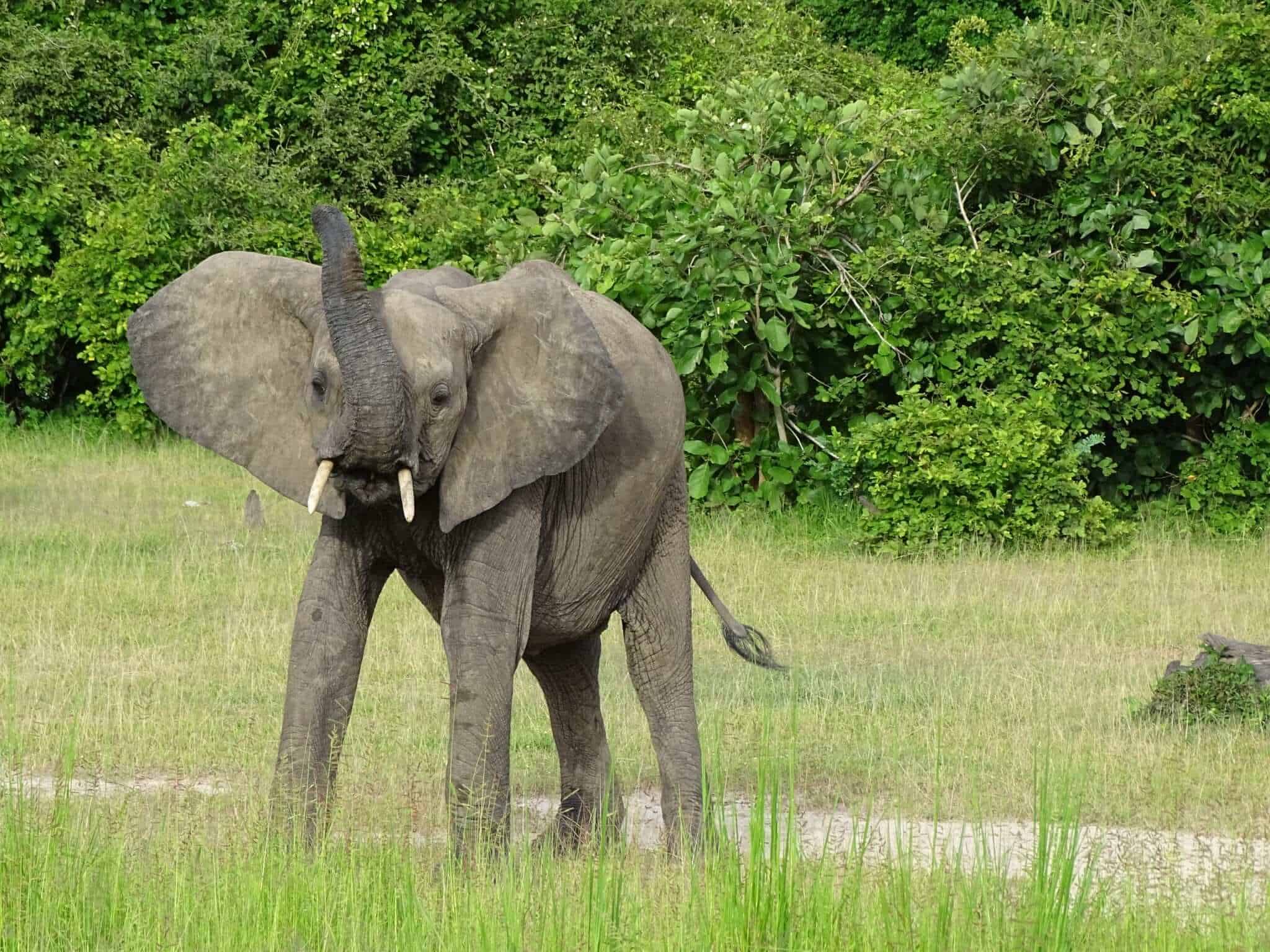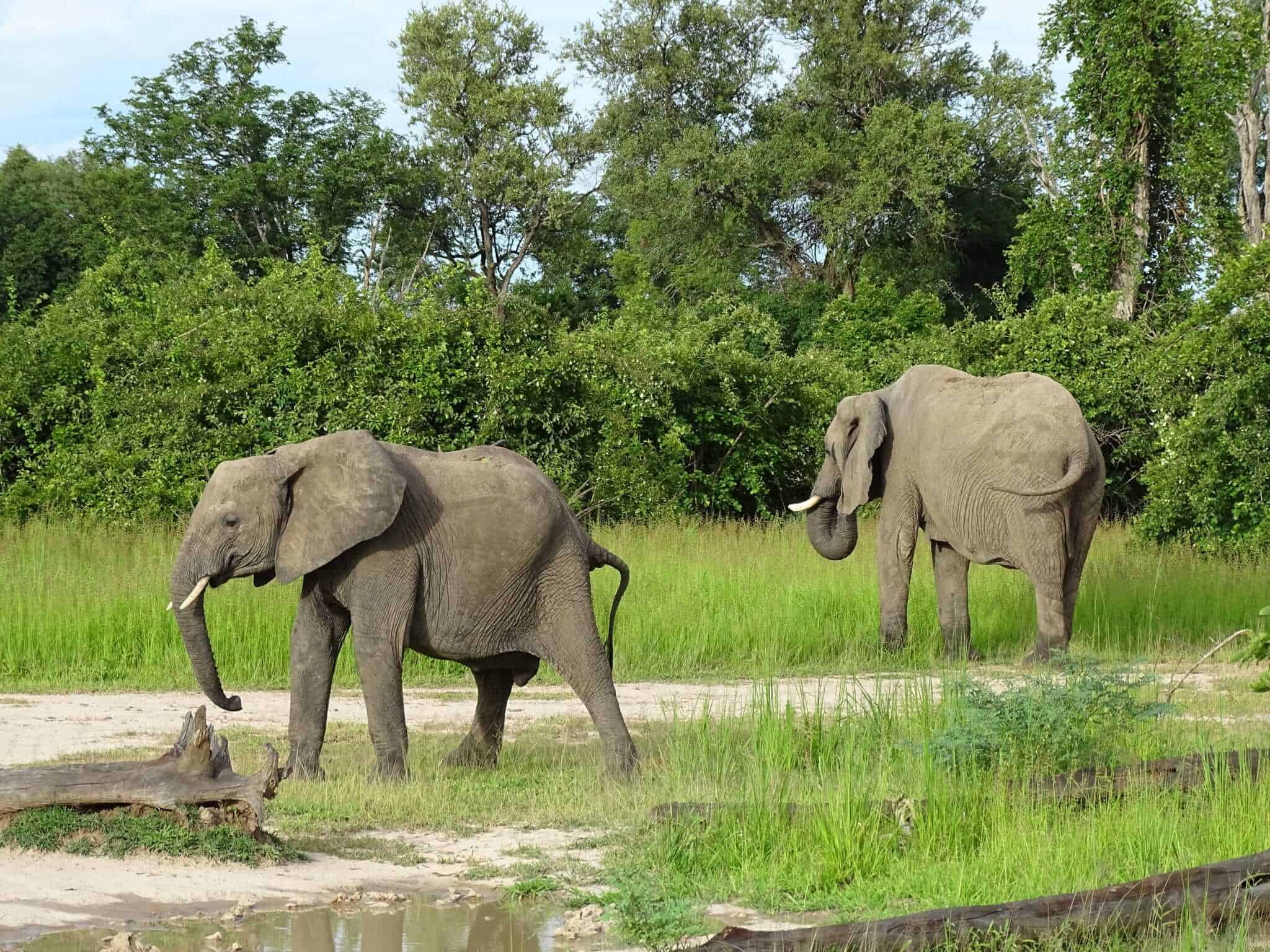This post may contain affiliate links to things like tours, hotels, Amazon associates and products. These help me earn a small commission at no additional charge to you.
I’ve heard people say riding elephants is ok if there’s just one or two of you. No!
I’ve heard them say it’s fine if it’s without a heavy saddle.
Still no!
You see, the problem with riding elephants goes beyond you actually riding them. Yes, it’s exhausting and back-breaking for them, but the real cruelty comes way before then.
Let me digress a second. Elephants are wild animals. I knew that already, but it never became so suddenly clear as when on safari in Africa. The elephants were cautious of us; wary. They trundled off when we came close, and on one occasion even trumpeted and stamped their feet to let us know it was their territory, not ours.
Now, never in a billion years would these wild and majestic creatures have let us jump on their backs. It’s clear that something awful has happened to the ones in captivity for them to allow it.
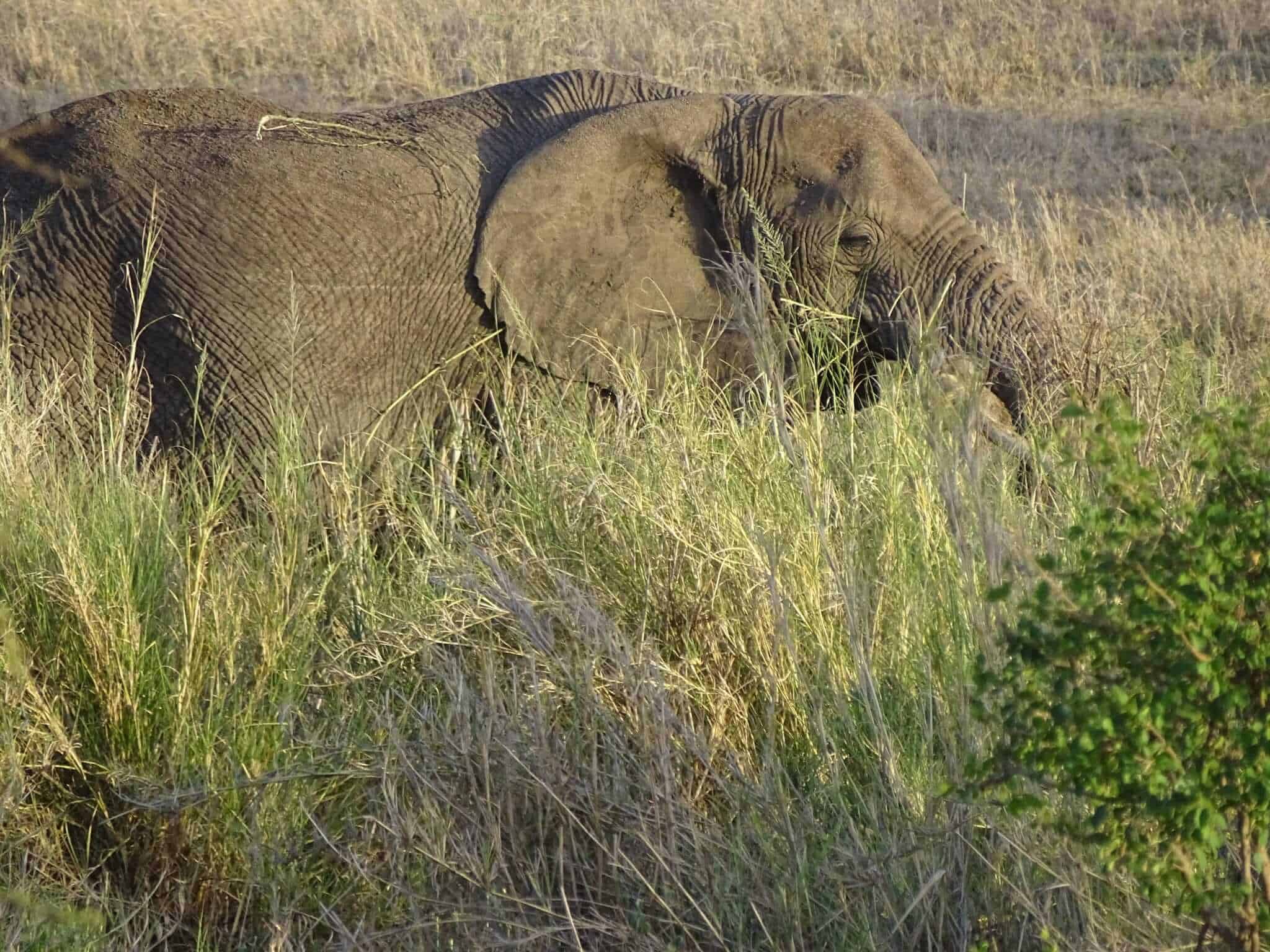
Indeed, elephant crushing refers to the training method that the animals are put through in countries such as Thailand and India. Typically, they’re taken from their mothers as babies (usually poached from the wild), kept captive in cages and tied up to restrict their moments. Negative reinforcement is used to train them to learn words like ‘quiet!’ and they’re routinely beaten. Chains, sticks, nails, sleep deprivation and starvation are what breaks the elephant’s spirit, what tames them and what allows them to take on humans on their backs.
Perhaps I seem like I’m taking a moral high ground but in reality, I’m plagued with guilt.
Because I did it, you see. I hate admitting that. I was totally uneducated and, as a younger and less experienced traveller at this stage, I hadn’t done my research and realised how cruel riding elephants really was. It’s so easy to think that if something is being offered by a large company or is government official that somehow means it’s ok, and that someone, somewhere has checked it out.
In developing countries where livelihoods rely on tourist activities, it rarely means that. And I understand that the issue is complicated and that many people in Asia are simply trying to make a living – but elephant torture? Our livelihoods DON’T depend on it – so please don’t fund it.
I can repent for what I did, and so can you if you’re in my boat, but the only really valuable thing we can do is educate ourselves, change our actions and spread the word. How?
1. Delete your photos
I, for one, know I’ve painstakingly searched back through my social media accounts and deleted any photos of me riding an elephant, not because I’m ashamed (well, that too, as I should be) but in order to not promote animal cruelty further. Instagram is full of photos of people smiling on the backs of elephants with other users commenting ‘wow! I want to do this!’
Seriously, get those pictures gone. How would you feel if you knew you’d influenced someone to do something immoral?
2. Tell your friends
Word of mouth goes a long way. The vast majority of people aren’t supporting animal cruelty because they’re cruel themselves, merely because they just don’t know – and in a horribly ironic way, because they love animals and want to get up close to them. So tell them: your friends, your family, travellers you meet and yeah, anyone who will listen. If you’re reading this and didn’t know about elephant crushing before, I’m glad to be spreading the word.
3. Research and educate yourself
Read, read, read before you book a trip and before you arrive in a country. Ensure tour operators you use are ethical and activities you take part in are, too. This should extend to avoiding all kinds of unethical animal practices – tiger selfies, walking with lions, shark cage dives, bear parks, performing dolphins, dancing monkeys, farmed crocodiles.
4. Visit and volunteer
Visit an ethical project like an elephant orphanage and sing the praises of it on social media and to your friends. Let them know there IS a way you can interact with elephants without riding them.
Find an ethical project with resources like Green Thailand or Lonely Planet.
6. Use your consumer power
As an international traveller, you possess great power – your money and custom support other people’s livelihoods. We have the luxury to think about where we put our pounds and what we do with our dollars. There are SO many companies out there who need us that if we go only with ethical ones, the pressure’s on to up their game. So leave that bad review, and don’t be afraid to walk away if an experience you’ve signed up for isn’t as ethical as it seems.
SO, I know this blog hasn’t been the most upbeat. Here are some photos to celebrate animals in their natural habitat – they really are incredible. I love our planet!
